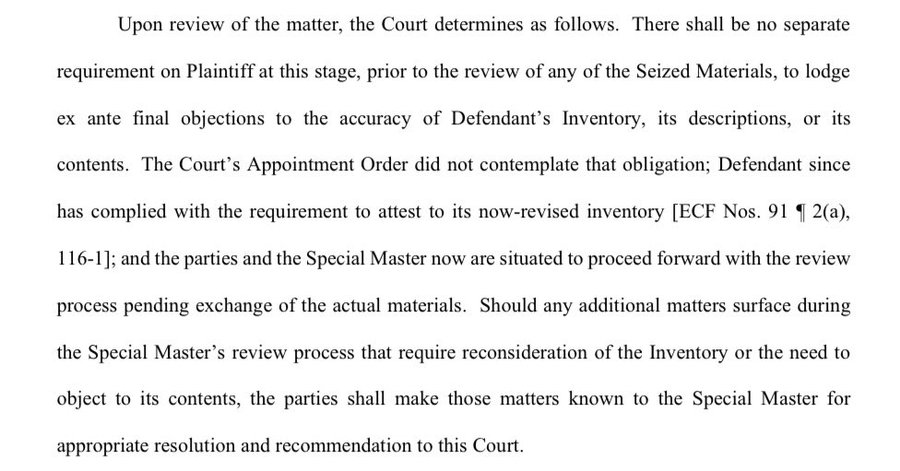AFTER YOU READ THIS ARTICLE, I HAVE POSTED ANOTHER ONE WRITTEN BY ME, ENTITLED: "MY RESPONSE TO JUSTICE ROBERTS AND ALITO." DAVID MCDONALD. XXXXXXXXXXXXXXXXXXX : The Supreme Court's legitimacy problem |
Some important firsts for the Supreme Court:
If legitimacy is in the eye of the beholder, enjoying the trust of less than half the country means the Supreme Court has a serious problem.
The drop in faith comes after the court, in its most recent term, overturned Roe v. Wade, invalidated a 100 year-old New York law relating to concealed hand guns and cut down down the Environmental Protection Agency’s power to curb carbon emissions.
There are more cases on the docket for the term about to get underway, including tests of voting rights protections and the ability of universities to consider race in college admissions.
That was fast
The decline in American’s faith in its federal judiciary has been swift – a 20 percentage point drop in two years. The court used to routinely have the faith of two-thirds of Americans in Gallup surveys.
The new drop in trust comes mainly from Democrats and independents, many of whom were aghast at the court’s decision to end American women’s federal right to obtain an abortion.
Many Republicans, for what it’s worth, according to Gallup, had previously lost faith in the Supreme Court after decisions legalizing same-sex marriage nationwide and upholding the Affordable Care Act. Republican faith rebounded and was at 84% in 2020 before dipping to 61% in 2021. Now it has risen to 67%.
Partisan Republicans, perhaps, can take some assurance in the fact that the six justice conservative bloc will keep the country from veering too far from their principles no matter what voters say.
The legitimacy question
It has to do with whether the justices are impartial referees – umpires, as Chief Justice John Roberts claimed during his confirmation hearing many years ago. Or are these judges, who aren’t accountable to voters and have lifetime positions, more like partisan operators that tilt the law one way or another?
The justices themselves, in something of a departure, are taking part in the debate, during public appearances and in statements over the past few weeks:
Insults v. misleading
Speaking of the court’s integrity, Republican senators who support abortion rights have said they felt misled by conservative justices who promised to respect precedent and then voted to overturn Roe.
And Alito’s decision overturning Roe, rather than a simple and straight reading of law, was written as a triumphal return to a pre-Civil Rights era where states have more power, as long as it doesn’t tread on religious freedom.
Fundamental difference
Supreme Court biographer and CNN legal analyst Joan Biskupic told Laura Coates recently that the justices seem to be disagreeing on the very idea of why their legitimacy is in question.
“What people are seeing is a very politically motivated majority. A supermajority. Plowing through all sorts of norms, rolling back a half century of abortion rights and also changing gun rights, changing regulatory authority. Doing all these things based on patterns that arise from their private partisan roots.” Watch it.
The former attorney Dean Obeidallah was more direct in answering Roberts. It’s not just that people disagree with the court’s decisions, as Roberts argued. It’s that the conservative-majority court’s decisions appear predictably partisan.
“Decisions delivered by the conservative justices this past term on hot-button issues such as abortion, climate change regulations and gun laws felt more like rulings written by the Republican National Committee than the highest court in the land,” Obeidallah wrote for CNN Opinion.
That’s assuming the justices wrote anything at all.
Rise of the shadow docket
Steve Vladeck is a CNN legal analyst and a professor at the University of Texas School of Law who has written a new book about the so-called “shadow docket” of rulings offered with arguments or decision. The subtitle: “How the Supreme Court Uses Stealth Rulings to Amass Power and Undermine the Republic.”
He looked at instances when the justices used unsigned and unexplained orders on the shadow docket for numerous consequential actions, like blocking state Covid restrictions. Read more.
In numerous instances, Vladeck wrote, the court has overruled conservative lower courts to allow executions to occur.
“No one disputes that the Supreme Court has the power to overturn a lower court’s conclusions, whether as to law or fact,” Vladeck wrote for CNN Opinion earlier this month.
“The problem is the impression that the justices leave when lower courts have gone to great lengths to explain and defend their rulings, and, as in Miller’s case, the court overrides them summarily. The court at least appears to be acting for political reasons rather than legal ones.”
Later, he offered this description of the Court’s legitimacy.
Vladeck: The idea is not that the court’s legitimacy flows from whether it’s getting these cases “right”; it’s that it flows from public acceptance that its decision-making is informed by principles – even principles with which many of us might disagree.
There are other things that don’t help
The targeting of justices by activists. Conservative justices have felt targeted by activists protesting at their houses.
The extreme politics of Supreme spouses. The wife of Justice Clarence Thomas, dean of the conservative bloc, was interviewed Thursday by the House committee investigating the January 6, 2021, riot and insurrection. She has said she does not discuss work with her husband, the Supreme Court justice. Read more.
Alito’s mocking. He tweaked foreign critics of the Dobbs decision in a speech delivered in Rome on religious liberty. “I had the honor this term of writing I think the only Supreme Court decision in the history of that institution that has been lambasted by a whole string of foreign leaders,” Alito said, appearing proud of himself, more like a fan than an umpire. |



